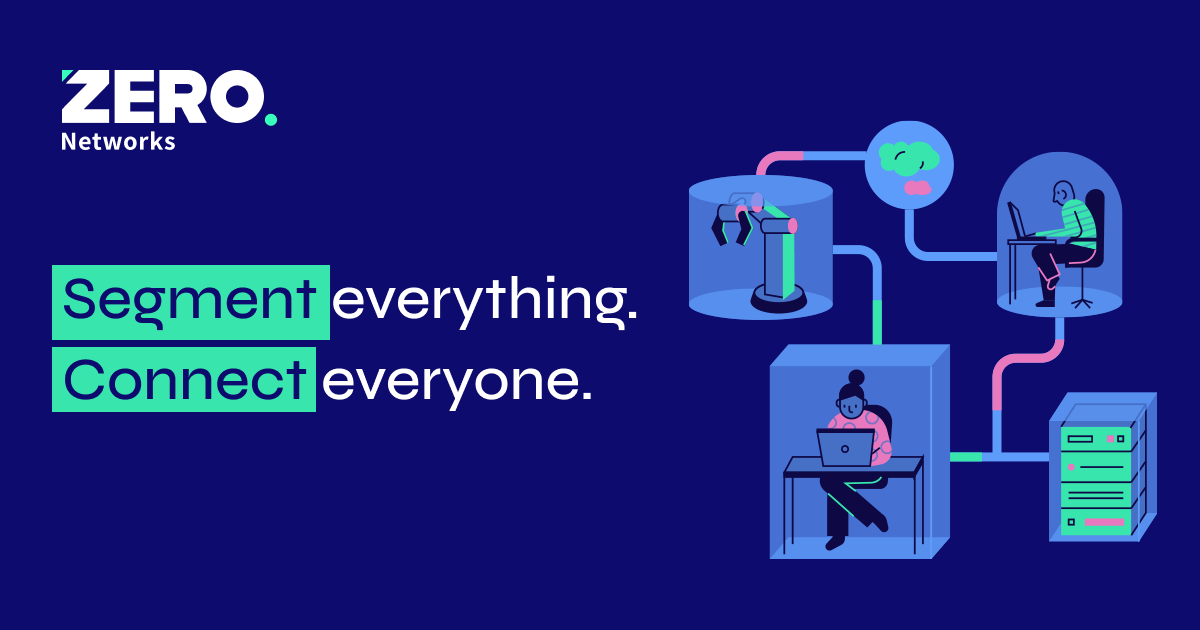5 Ways Cloud Data Loss Prevention Helps Your Bottom Line
Businesses increasingly rely on cloud technology to store and manage their valuable data. However, with this convenience comes the risk of cloud data breaches and loss, which can have significant financial implications.

Implementing effective cloud data loss prevention (DLP) strategies is crucial to safeguarding sensitive information and protecting your bottom line. In this blog post, we will explore five key ways cloud data loss prevention can help your business save money while highlighting the role of Data Security Posture Management (DSPM) in achieving these benefits.
- Minimizing Cloud Data Breach Costs
Data breaches can result in substantial financial losses due to regulatory fines, legal fees, customer compensation, and reputational damage. By implementing cloud DLP measures, such as robust access controls, encryption, and real-time monitoring, businesses can significantly reduce the risk of cloud data breaches, thereby avoiding the associated costs.
- Preventing Intellectual Property Theft
Intellectual property (IP) theft can have severe consequences for businesses, including loss of competitive advantage and revenue. Cloud DLP solutions help identify and protect sensitive IPs, such as trade secrets, patents, and proprietary information, ensuring that only authorized individuals can access these assets and reducing the risk of intellectual property theft.
- Avoiding Compliance Violations and Penalties
Non-compliance with industry regulations and data protection laws can lead to hefty fines and penalties. Cloud DLP solutions enable businesses to establish and enforce data classification, cloud access governance, and retention policies to ensure compliance with relevant regulations, such as GDPR, HIPAA, or PCI DSS. By proactively preventing compliance violations, companies can avoid costly legal consequences.
- Enhancing Operational Efficiency
Data breaches and loss can disrupt business operations, leading to downtime, resource-intensive recovery efforts, and productivity losses. By implementing cloud DLP measures, organizations can proactively detect and address potential security incidents, minimizing the impact on operations and avoiding costly disruptions.
- Safeguarding Customer Trust and Retention
Data breaches can erode customer trust and loyalty, resulting in customer churn and revenue decline. By prioritizing data security through cloud DLP solutions, businesses can demonstrate their commitment to protecting customer information, enhancing trust, and maintaining long-term customer relationships. Customer retention ultimately contributes to a healthier bottom line.
Data Security Posture Management (DSPM): A Key Element of Cloud Data Loss Prevention
Businesses can rely on Data Security Posture Management (DSPM) solutions to achieve these financial benefits and effectively implement cloud DLP strategies. DSPM solutions offer comprehensive visibility into an organization’s data security posture, enabling proactive risk management, real-time monitoring, and continuous compliance. By leveraging DSPM tools, businesses can enhance their efforts to prevent cloud data loss and maximize financial advantages.
Normalyze: A State-of-the-Art DSPM Tool for Cloud DLP
Data Security Posture Management solutions, such as Normalyze, are vital in enabling effective cloud DLP strategies and helping businesses achieve these financial advantages. The massive scale of the cloud has obliterated the effectiveness of legacy rules, and sensitive data is typically scattered across the cloud infrastructure. As a cloud-native technology, DSPM finds this sensitive data across a wide variety of cloud data stores and architectures like IaaS and PaaS – inside or outside the “perimeter” automatically.
Remember, effective cloud data loss prevention is a continuous effort that requires ongoing monitoring, adaptation, and collaboration between IT and security teams. Proactive discovery of sensitive data, classification of its nature, and detection of risks are necessary for securing cloud-based sensitive data. By prioritizing data protection and leveraging advanced technologies like DSPM, businesses can stay one step ahead of evolving threats and ensure a secure and profitable future. Invest in cloud DLP today to secure sensitive data and drive long-term financial success.
Related Articles
Join The GBI Impact Community
Sign up to make an impact and hear about our upcoming events
By registering anywhere on the site, you agree with our terms and privacy policy



